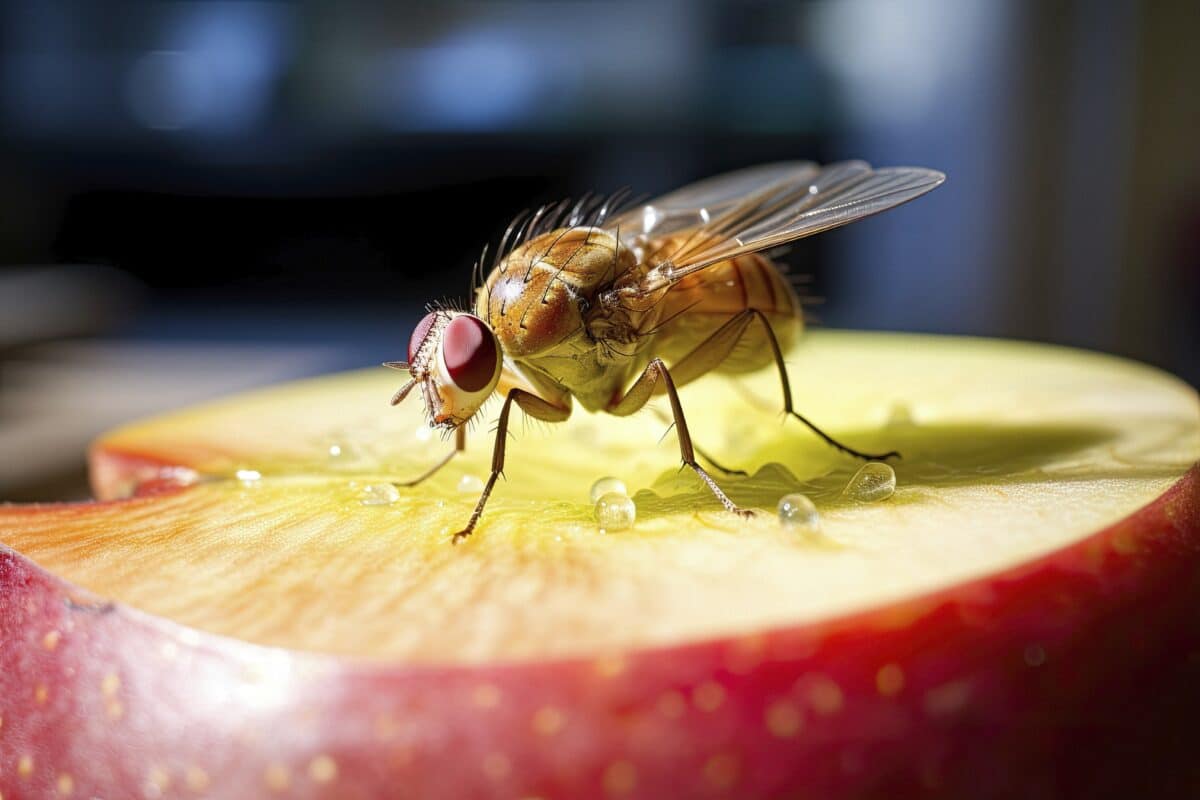
mutations


What’s in a Word? “Randomness” in Darwinism and the Scientific Theory of Evolution
The Darwin Lobby Expands Its Mission of Suppressing Free Thought to Include “Climate Change”

More from Lenski’s Lab, Still Spinning Furiously

New Peer-Reviewed Paper Challenges Darwinian Evolution
Over recent months, papers challenging key elements of Darwinian theory — the kind of papers which are supposed not to exist — have increasingly been slipping through the net and finding their way into the peer-reviewed literature. One such paper, “Is gene duplication a viable explanation for the origination of biological information and complexity?,” authored by Joseph Esfandier Hannon Bozorgmeh and published online last week in the journal, Complexity, challenges the standard gene duplication/divergence model regarding the origin of evolutionary novelty. The abstract reports, All life depends on the biological information encoded in DNA with which to synthesize and regulate various peptide sequences required by an organism’s cells. Hence, an evolutionary model accounting for the diversity of life needs to Read More ›

Praised be Darwin! Do Fruit Flies Bust Behe?

PBS: Pushing Bad Science
Dr. Steven Novella’s Challenge: “Prove Me Wrong, Egnor”!
Dogmatic materialist Dr. Steven Novella, assistant professor of neurology at Yale, president and co-founder of the New England Skeptical Society, and my interlocutor in an ongoing debate on the mind-brain problem, has issued a challenge to me regarding his theory that the mind is caused entirely by matter:
Prove me wrong, Egnor.
A bit of background helps explain Dr. Novella’s pique. In an earlier post arguing for a pure materialist understanding of the mind, Dr. Novella made this astonishing claim:
The materialist hypothesis – that the brain causes consciousness – has made a number of predictions, and every single prediction has been validated. Every single question that can be answered scientifically – with observation and evidence – that takes the form: “If the brain causes the mind then…” has been resolved in favor of that hypothesis.
I noted:
A bit of advice: whenever a scientist says of his own theory that “every single prediction has been validated,” you’re being had. No scientific theory has had “every single prediction” validated. All theories accord with evidence in some ways, and are inconsistent in others. Successful scientific theories prevail on the preponderance of the evidence, not validation of “every single prediction.” Real science lacks the precision of ideology.
Dr. Novella replied:
Read More ›Of Providence and Evolution: A Reply to ASA President Randy Isaac
The January 2008 issue of Christianity Today contained a letter from Randy Isaac titled “Providence and Evolution.”
In his critique of Alister McGrath’s The Dawkins Delusion? [“The CT Review,” November], Logan Paul Gage fails to distinguish between scientific randomness and metaphysical randomness. By insisting that these two concepts are inextricably linked, Gage concludes that McGrath (and Francis Collins) maintain a position that precludes divine providence. Evolution is not a purely random process,
Ahem: something I never denied. But I interrupt.
Read More ›University of California, San Diego Forces All Freshmen To Attend Anti-ID Lecture
Since 1998, Michael Behe, Phillip Johnson, Jonathan Wells, William Dembski, and Paul Nelson have all spoken at the University of California at San Diego (UCSD). Now UCSD is striking back. Tonight, anti-ID philosopher of science Robert Pennock is being paid by UCSD’s Council of Provosts and the Division of Biological Sciences to speak against intelligent design in a lecture that is free and open to the public in UCSD’s RIMAC Arena (which holds about 5000 people). Of course, these groups are all taxpayer-supported. Not only is this free event open to anyone, but TritonLink, the UCSD student website, on its main home-page, reports that Professor Pennock’s lecture is mandatory attendance for all freshmen: “All first-quarter freshmen are required to attend Read More ›





































